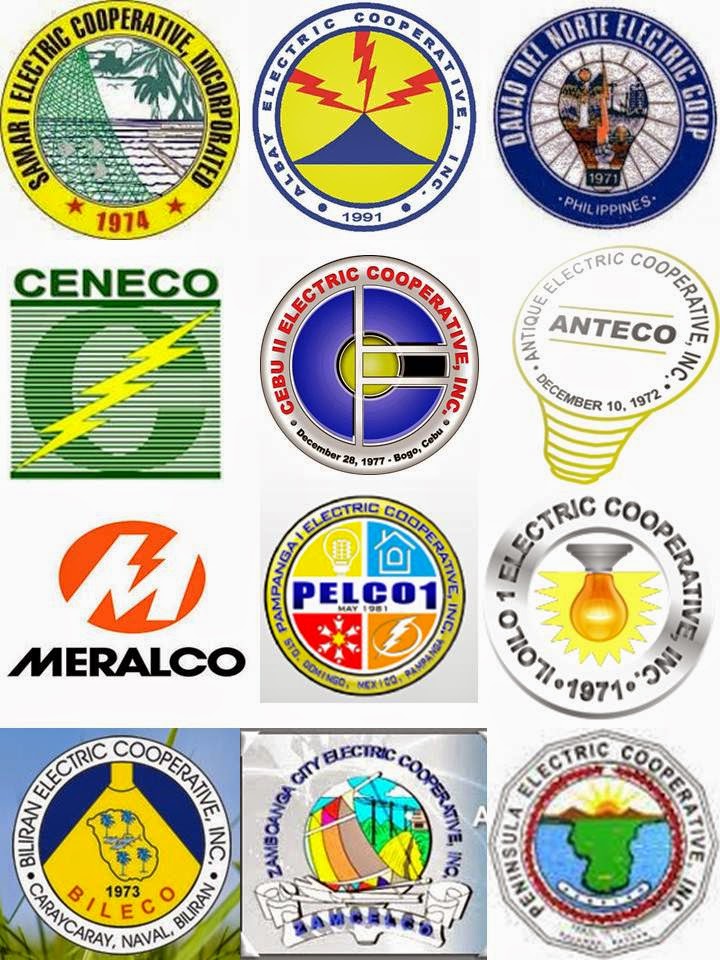A good friend and academic from UP Political Science
Department, Prof. Bong Mendoza, wrote this article last week.
But there is the paradox of Fair Competition or Anti-Trust legislation.
If your price is higher than your competitors, you can be
accused of price gouging the consumers.
If your price is the same as your competitors, you can be
accused of price collusion and/or cartel.
And if your price is lower than your competitors, you can be
accused of predatory pricing.
Any pricing that one will take can be a ground for
harassment by corrupt, extortionist, or biased officials and bureaucrats of a Fair Trade
Commission on the payroll of one or more of the private players that they are monitoring and regulating.
In a free and spontaneous market economy, enterprises can
take various pricing for various products and services geared for different
consumers and group of buyers. Thus, a can of Coke or SM Beer Pilsen is priced
lower in sari sari stores compared to convenience stores (7-11, Mini Stop, Family Mart, Select, etc.), which is lower than in fancy restos, which is lower than in 5-star
hotels, and so on. Same product, same volume, same packaging, same
manufacturer, yet have different prices varying from P25 to P150/can or higher.
Market segmentation and price differentiation are
spontaneous market reactions by players to different situations. A monopolist (No thanks to
congressional franchising, or national agency or LGU franchising) can price its
product or service at the highest possible rate that consumers can endure. A proposed Fair Trade Commission (FTC) cannot discipline a monopoly or duopoly if these were government-created.
All electric coops and distribution utilities are monopolies, there are about 120 of them nationwide, the biggest is Meralco of course. Because they are utilities, electricity distribution is reserved 100% to Filipinos only, but not all Filipino enterprises can compete, they need congressional franchising which creates the monopoly in particular areas.
Inter-island shipping is generally government-created
monopoly or duopoly via MARINA franchising; bus line route monopoly is also
government-created (via LTFRB franchising); or airline route monopoly for
lesser-known island destinations is another government-created (via CAB
franchising).
Even tricycle route monopoly (say UP Village to Philcoa) is
government-created via city or municipal hall franchising. Jeepneys and air-con vans
are prohibited on those tricycle-only monopolized routes. Passengers have no other option but ride those tricycles, otherwise they must walk or take the more expensive taxi, or drive their own car or motorcycle. Which contributes to more traffic congestion.
Someone suggested that the Freedom of Information (FOI) bill is needed to advance the Fair Competition (FC) bill. This is a misunderstanding. The FOI bill intends to make government become more
transparent. The FC bill intends to make private companies become more
transparent.
Bottomline, even if Congress will enact an FC law next week, many monopolies and duopolies will remain because they were created by different government agencies themselves, from the Legislative to Executive to LGU offices. What the proposed FC law will do is simply tinker with existing players that are already regulated by various government agencies.
As government expands, its cronyism also expands. One more reason why government, from Executive to Legislative to LGUs and other offices should shrink.
See also:
Anti-trust law is anti-competition, July 22, 2008
Competition and Prosperity, KL Conference, October 12, 2011
Fierce Competition is Fair Competition, January 22, 2013
Competition Policy 3: Jemy Gatdula's Article, September 16, 2013



No comments:
Post a Comment